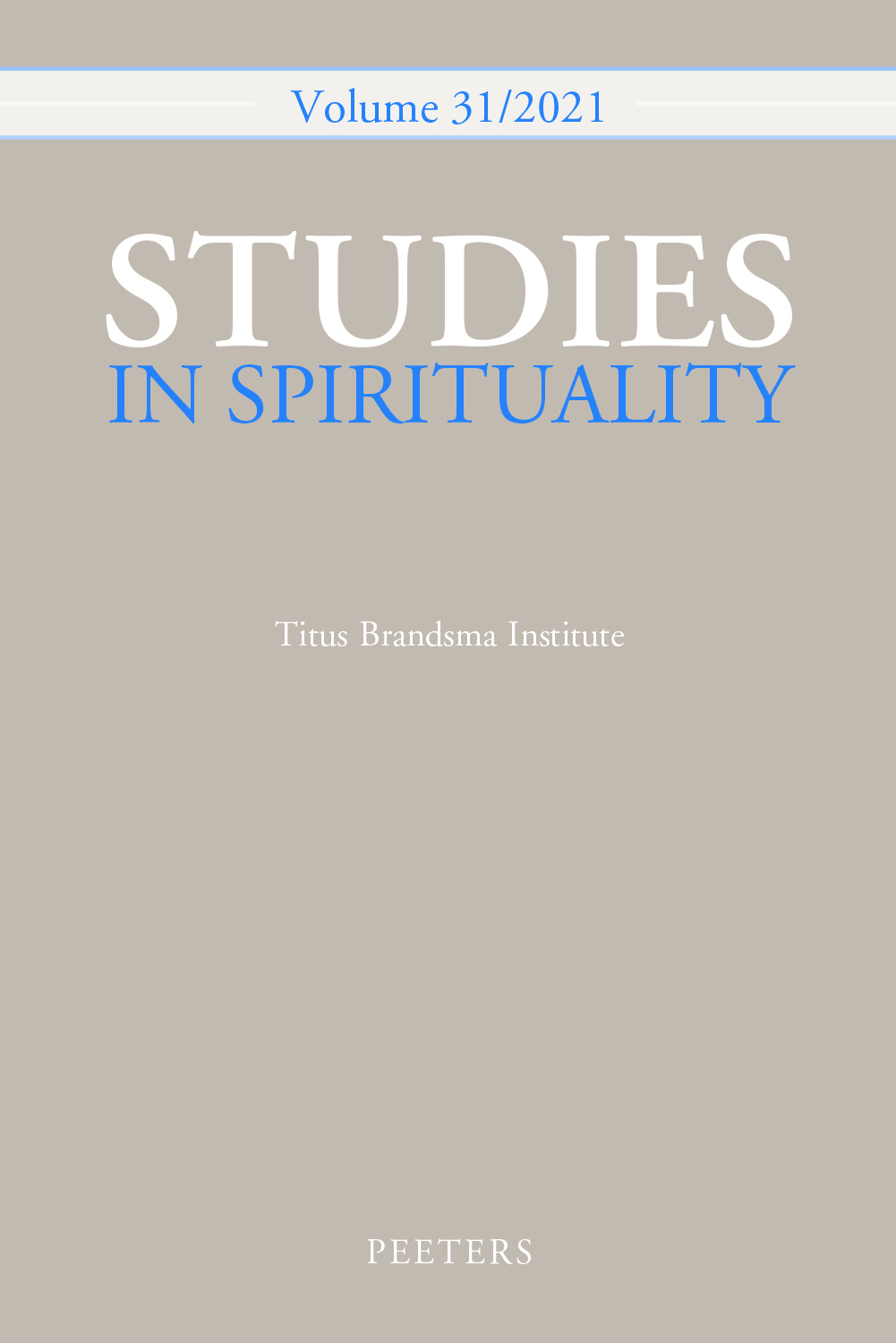 previous article in this issue previous article in this issue | next article in this issue  |

|
Document Details : Title: The Constitutions of the Society of Jesus - The Rhetorical Component Author(s): COUPEAU, C.J. Journal: Studies in Spirituality Volume: 14 Date: 2004 Pages: 199-208 DOI: 10.2143/SIS.14.0.505194 Abstract : This article illustrates a case of rhetorical analysis applied to the realm of Spirituality. It concentrates on a classical piece of Western spirituality, the Constitutions of the Society of Jesus. The Constitutions were criticized once as ‘a bastard mixture of bureaucracy and scholasticism’. Yet, a dispassionate analysis discovers distinctive rhetorical elements, which pertain, rather, to a humanist culture. Therefore, the author contends one should bear in mind not only doctrinal principles like gratia supponit perfecitque naturam but the very language and ways of proposing any doctrine, and, in particular, the spirituality of the Jesuits. Constitution [547], especially, reflects the Jesuit kind of obedience. The rhetorical characteristics of its wording are unique in the context of the whole Constitutions. The reason is that the author used convoluted periods, entered the text to exhort, alluded to texts from the ascetical tradition and ended up by pointing out to an original doctrine on obedience that he would later on develop; he did all this to formulate the kind of obedience distinctive of the professed Jesuits. Simultaneously, this article offers an example of this spirituality and kind of obedience in the figure of J.A. de Polanco, the Secretary of Ignatius Loyola. Compared with other manuscripts undoubtedly attributed to Loyola, the Constitutions characteristically fall back to concrete rhetorical means that the spiritual message may get to the reader. |
|
